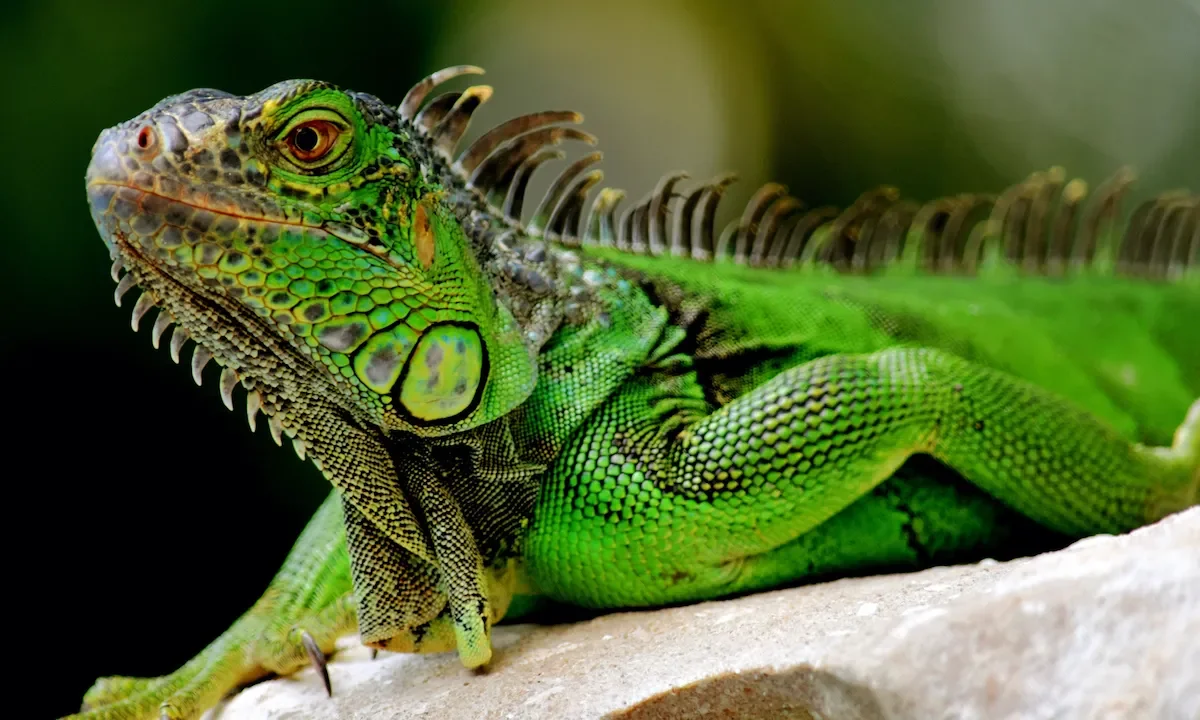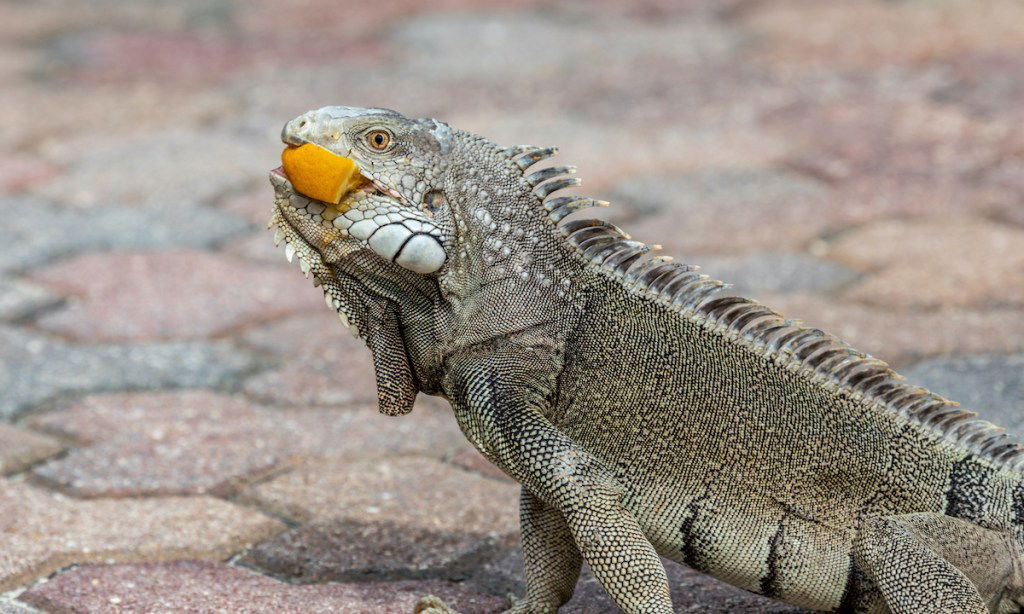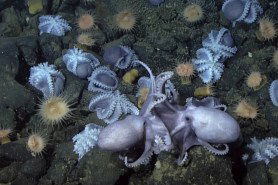

In March of 2022, a toddler named Lena was living the three-year-old dream. She was on vacation with her parents in Costa Rica, and she had a slice of cake all to herself. But as she was nibbling her treat, a wild iguana appeared out of nowhere (cue Pokémon battle music). It swooped onto the scene, bit her finger, and ran off with her cake. We can only imagine that heartbreak ensued.
Videos by Outdoors
At the time, Lena’s parents were shocked but not too worried. The wound seemed small, and local medics were able to quickly bandage it up and give Lena some antibiotics. The wound then closed up normally, reports The Guardian. The family enjoyed the rest of their vacation without incident.
But five months later, Lena’s parents spotted a strange lump on their daughter’s hand. At the time, they didn’t realize it was in the exact same spot as the iguana bite. Still, they took her to the doctor and had the lump biopsied. It was only later that they put two and two together and discovered that the reptilian thief had left a calling card: a weird aquatic disease.

The lump, the doctor learned, was caused by a bacteria that’s related to tuberculosis. While it rarely infects humans, it’s known to cause a tuberculosis-like illness in fish, reports CNN. This is the first documented case of iguana-to-human spread.
In some ways, it’s a bit surprising that this hasn’t happened earlier. Iguanas are habituated to humans (and human food) in many areas, especially vacation hot spots like Costa Rica where people often feed the wildlife. Green iguanas have also been running rampant around Florida ever since they were introduced to the area in the 1960s. They sometimes fall out of trees and injure people. The occasional food-motivated bite wouldn’t seem out of the ordinary.
In Lena’s case, doctors were able to remove the lump and put the girl on a course of strong antibiotics. Now, more than year later, the wound is almost fully healed. Lena has been “very brave” throughout the whole ordeal, her parents told CNN.
In the meantime, the scientific community is still buzzing about the implications. Could more lizards be carrying this disease? Should tourists exercise more care than usual around wild iguanas? The researchers involved in Lena’s case plan to present their findings at the upcoming European Congress of Clinical Microbiology and Infectious Diseases. We hope they’ll have some good advice.









